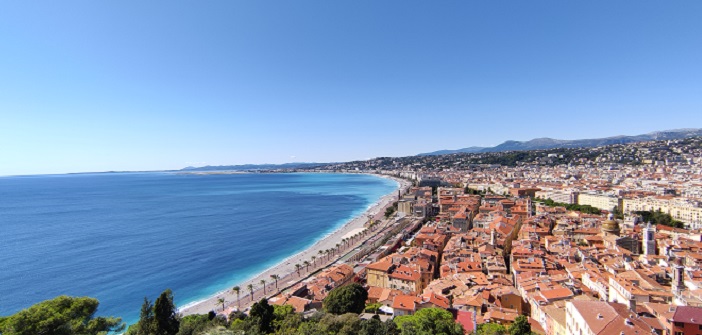The heart of the summer season, although it revived tourism activity and demonstrated the resilience of the Côte d’Azur, is not enough to offset the significant revenue losses for the year 2020: estimated losses exceed 2.5 billion euros, including 600 million euros in July and August.
The core season was preserved. After a very slow restart of activities in the Côte d’Azur in July, the summer flow gradually recovered, achieving an average occupancy rate of 56% in July and 81% in August, peaking at 92% on August 12.
However, it is important to highlight three factors that impacted the overall performance in the Côte d’Azur:
- The rapid decline in tourist activity from the end of August, related to the resurgence of health tensions in Europe and government announcements;
- The substantial absence of long-haul international customers;
- A decrease in spending, due to the withdrawal of high-spending international customers and a continued downward trend in consumption from before the crisis.
The winter season will be difficult and even painful, particularly due to the dramatic consequences of storm Alex for our valleys of Vésubie, Roya, and Tinée, and in urban coastal areas, the collapse of business and event tourism. The prospects for the end of the year indicate a significant lack of bookings and an extremely fragile situation. It is essential to continue our efforts!
Putting the situation in perspective, David Lisnard, president of CRT Côte d’Azur, highlights the problematic context and emphasizes the uncertainties: “While this recovery plan has shown its effects on the summer season, it is imperative to continue our efforts to safeguard our sector and its direct and indirect jobs. During the summer, the leisure sector maintained a relative level of visitation. However, the event and business tourism sectors, in a broader sense, are still severely affected. More than ever, we need to make the voice of the tourism industry heard in order to develop a strategy that effectively revives the activity and fosters the future of tourism in Côte d’Azur France, adapting in the short and medium term to this unprecedented health situation.”


